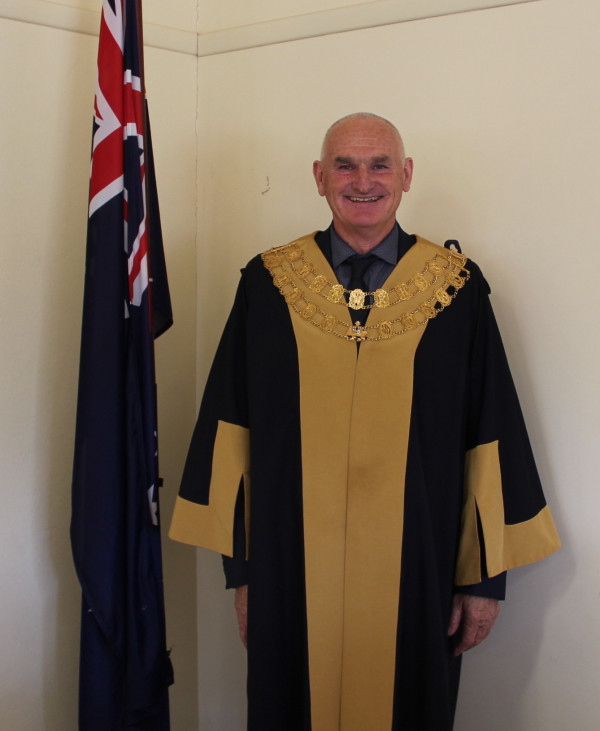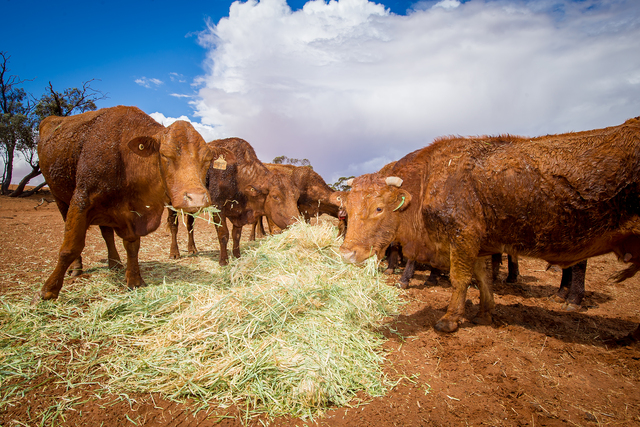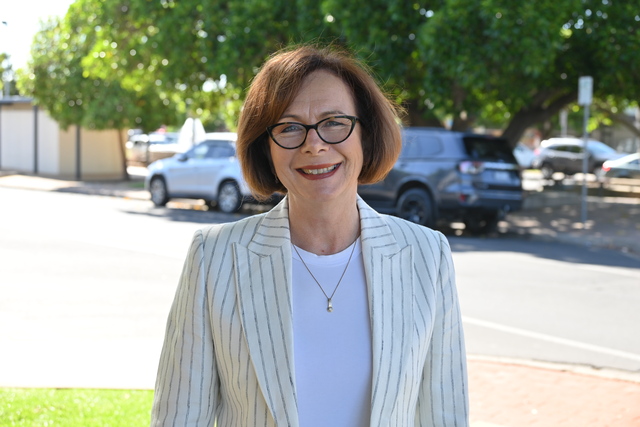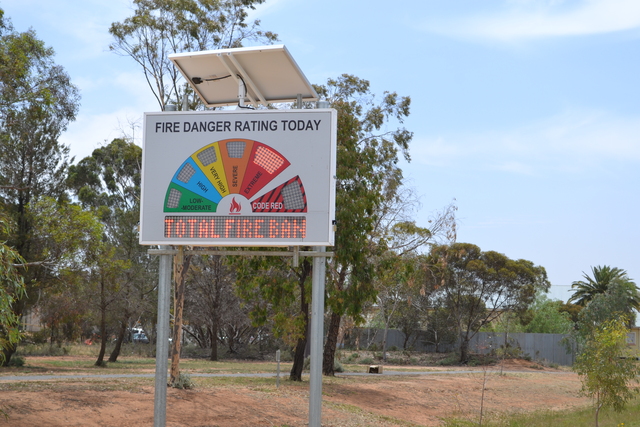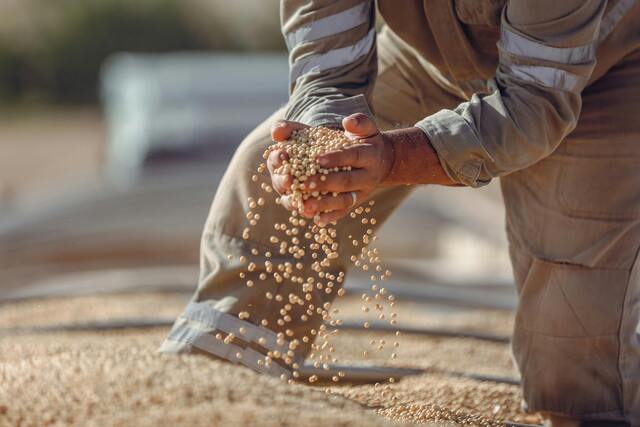A coalition of northern Victorian councils is calling for urgent action in the Murray Darling Basin Plan to address damaged trust within basin communities.
The Murray River Group of Councils – consisting of Mildura, Swan Hill, Gannawarra, Loddon, Campaspe and Moira Shire – are rallying together following a “seemingly endless stream of reports” into the basin plan over the past 12 months.
Ahead of the basin water ministers meeting later this month, it highlighted how trust has eroded due to an overflow of recommendations but a lack of action to deliver on them.
A key area the coalition is urging to be addressed is the delivery of the 605 gigalitres worth of supply projects by focussing on delivering environmental outcomes, engaging with communities and being flexible in considering alternative projects to ensure the water is received by the environment.
It also flagged concern around the risks associated with expanding irrigation downstream of the Barmah Choke, calling on South Australia and NSW to follow Victoria’s lead in working to regulate agricultural expansion.
Lastly, it called for genuine action to shift the focus of the Water Efficiency Program to off-farm projects and away from farmer’s water licenses, asking state water ministers to put an end to on-farm programs which increase water prices.
Chair of the Murray River Group Cr Bill Moar said basin communities want ministers to address long-term environmental outcomes without further water buybacks or removing water from farms.
“We absolutely welcome (Federal) Minister (Keith) Pitt’s commitment to ending buy-backs but it needs action to back it up and that means legislating no further buy-backs,” said Cr Moar.
“Our communities are looking for these projects to deliver long-term environmental outcomes without removing more water from farms.”
Cr Moar said action was needed to address these issues, particularly given the importance of northern Victoria in Australia’s food security. He urged ministers to be responsive and flexible in delivering a plan that doesn’t compromise food security and supports Australia’s ability to be more self-sufficient in times of global uncertainty.
“The basin plan can and must still deliver for the environment, for industries and for communities.”

